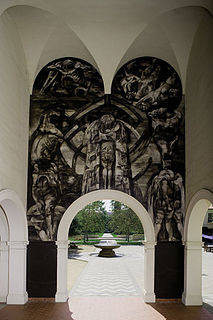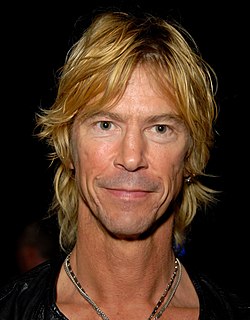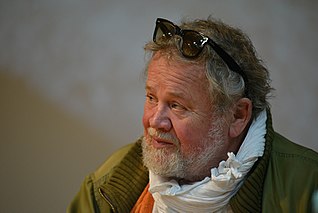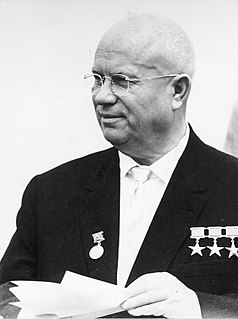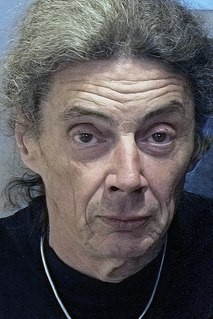A Quote by Simon Sebag Montefiore
Under Stalin, artists weren't dissidents; all they hoped was to survive and write.
Quote Topics
Related Quotes
The communists basically acted as the police force of the security system of the [Spain] Republic and were very much opposed to the anarchists, partially because [Joseph] Stalin still hoped at that time to have some kind of pact with Western countries against [Adolf] Hitler. That, of course, failed and Stalin withdrew the support to the Republic. They even withdrew the Spanish gold reserves.
While public school history courses in the United States stress the horrors of the German Nazi murder of 6 million Jews and Josef Stalin's pogroms against racial minorities and political dissidents in the Soviet Union, the facts that the U.S. Army's solution to the 'Indian Problem' was the prototype for the Nazi 'Final Solution' to the 'Jewish Problem' and that the North American Indian Reservation was the model for the twentieth century gulag and concentration camp, are conveniently overlooked.
(I)t is simply wrong to confuse cowardice with appeasement. Cowardice is a failing of character. Appeasement is a failure of policy. Stalin appeased Hitler when he signed the Molotov-Ribbentrop Pact. Stalin was an evil character, to be sure. But cowardice really isn't the first word that comes to mind when thinking of Stalin ' that word is “sexy.” I'm kidding, I'm kidding.



